For most students, the new phone policies might just seem like stricter versions of the old ones. However, for students who struggle with mental illnesses and medical conditions, phone access can affect their ability to connect with resources.
School nurse Jess Roth noted, “Students with diabetes have continuous glucosemonitors that alert their phones about blood sugar levels, so they must check that.”
Nurses and school staff have always considered students with medical conditions when it comes to phone usage, but not all students are aware of these needs.
“I think the students with diabetes … can do what they need in class,” Roth said, “and if they don’t feel comfortable, their glucose monitor can alert their watch. They can go to the bathroom or the nurse’s office whenever they need to check their levels. They have unlimited times to leave class, if necessary.”
For students with anxiety and other mental health issues, simply checking their phones may not be a viable solution.
Sometimes taking a trip down to the counseling office or stepping outside for a few minutes can be the thing that stops a student from having a reaction that might distract other students or call unwanted attention to themselves.
School counselor Mr. Kyle Kruse said the guidance office made it a priority to offer struggling students a safe space.
“The biggest thing with the changes in phone use is ensuring students can take breaks, come to counseling, and use calming techniques in a private, distraction-free environment,” Kruse said.
When in the counseling office, students can find a “chill space,” used for when they need to separate from others and self-regulate.
Within that space students are allowed to do whatever they need to help themselves get back on track for the day.
Kruse said counselors regularly check in on students in the chill space, making sure they are doing OK.
For students feeling the need to disconnect while remaining in the classroom, listening to music could help reduce anxiety or improve productivity, but the new phone rules seem to eliminate that option.
Assistant Principal Matt Hager said that might be one exception made in enforcing the new phone policy in study halls.
“I understand that the cafeteria and the flex space can be louder environments even when students aren’t talking a lot,” Hager said. “There’s just so many kids in there that it can be distracting. So that’s why I can understand listening to music during that time.”


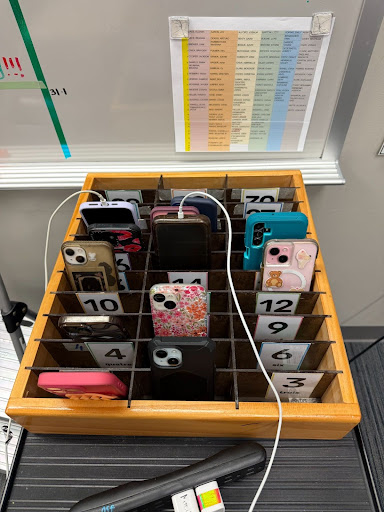


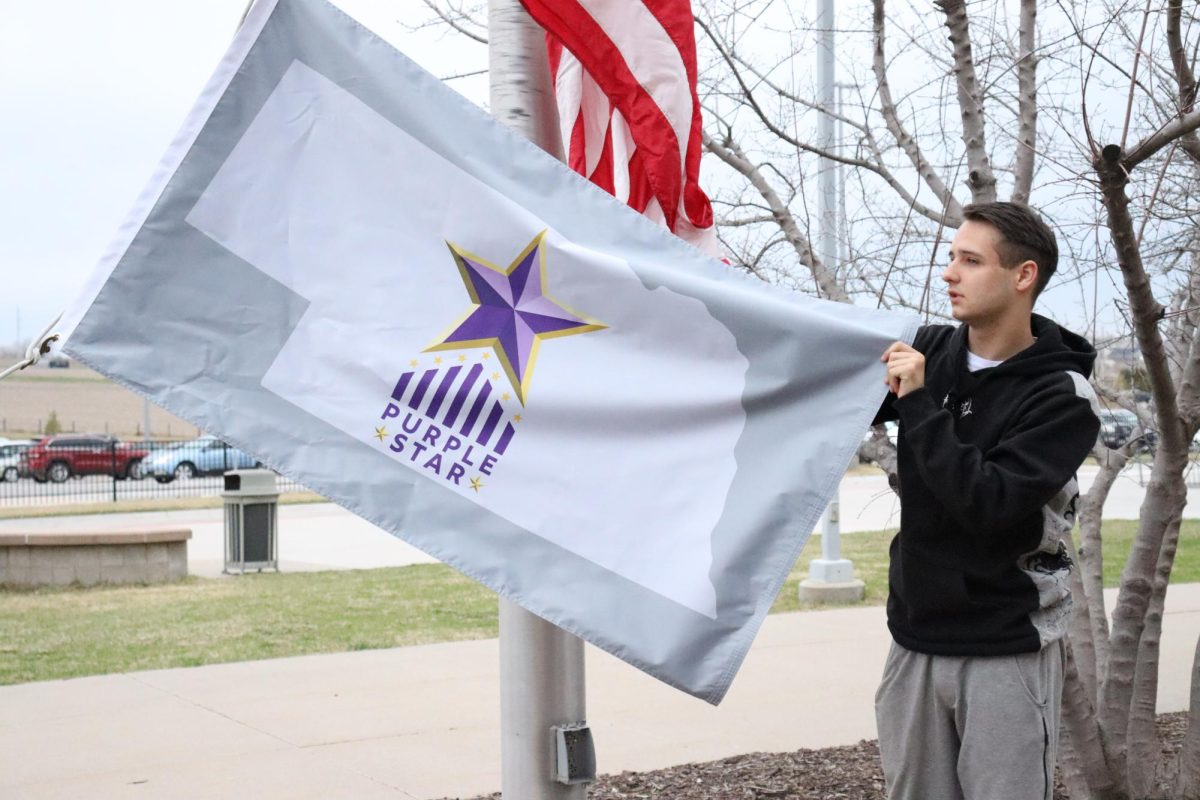

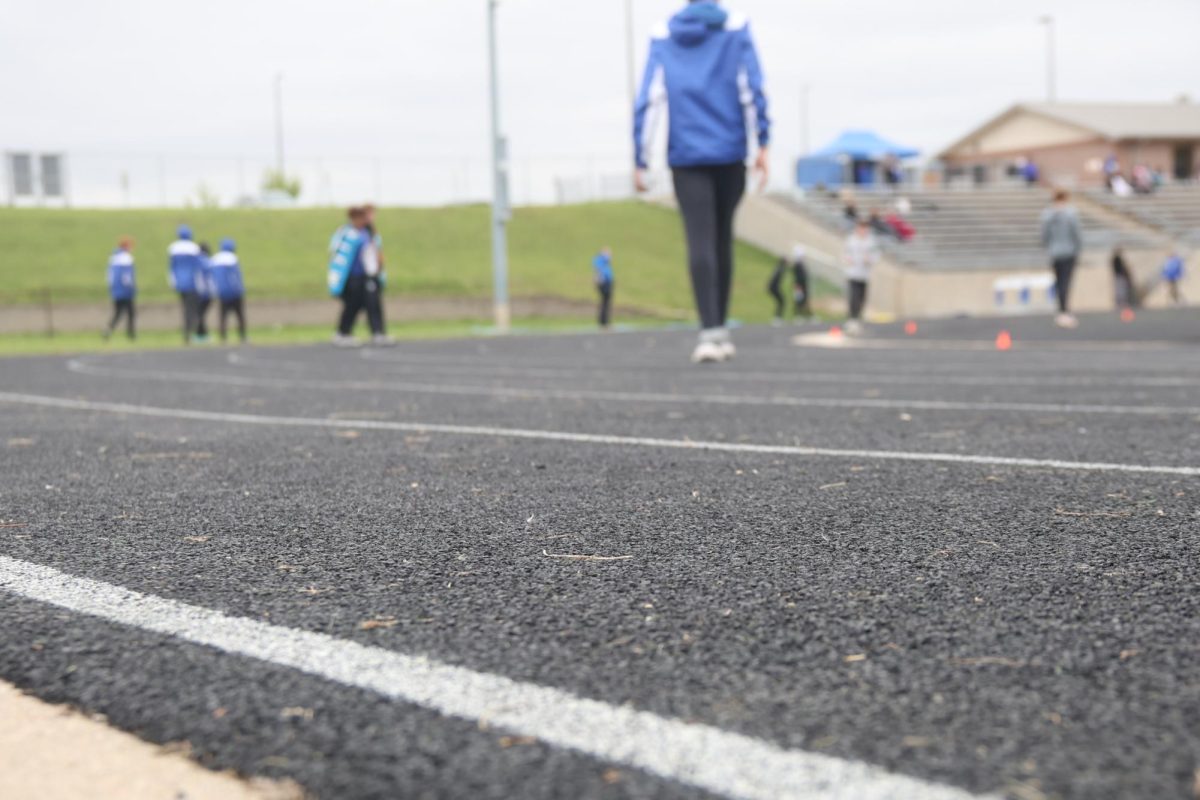

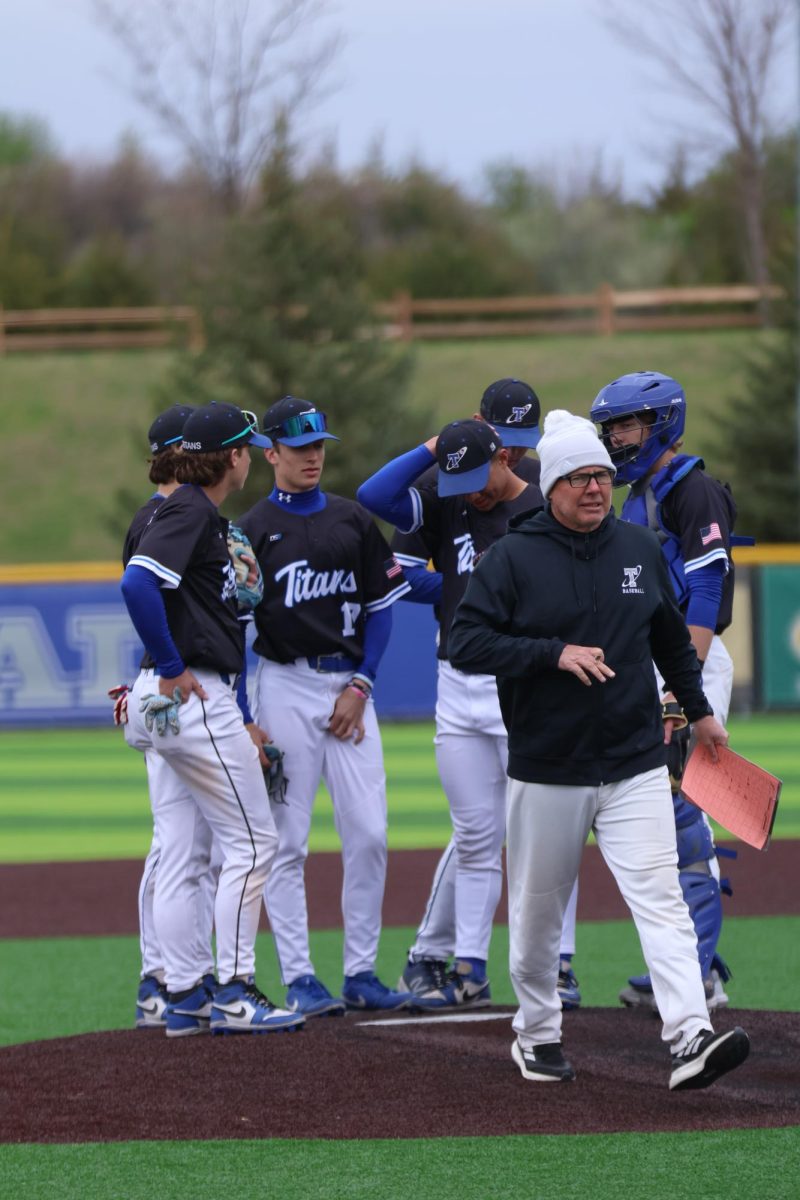
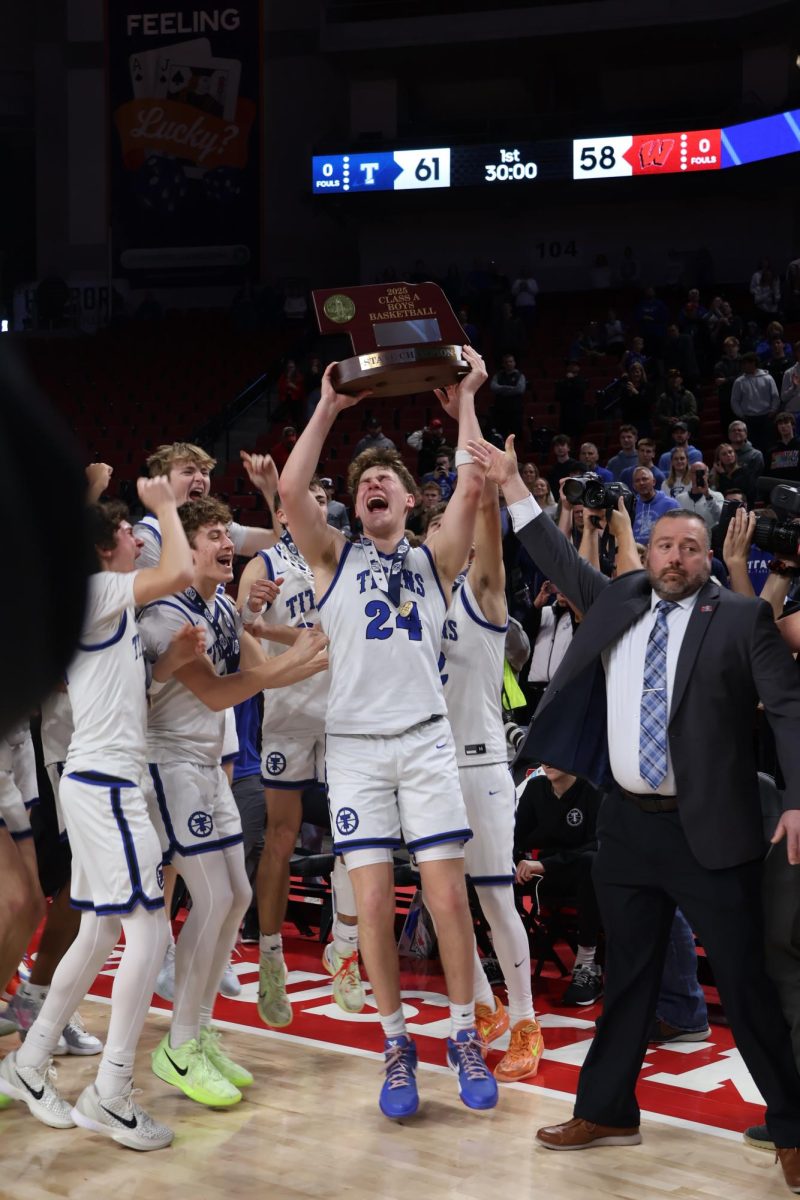




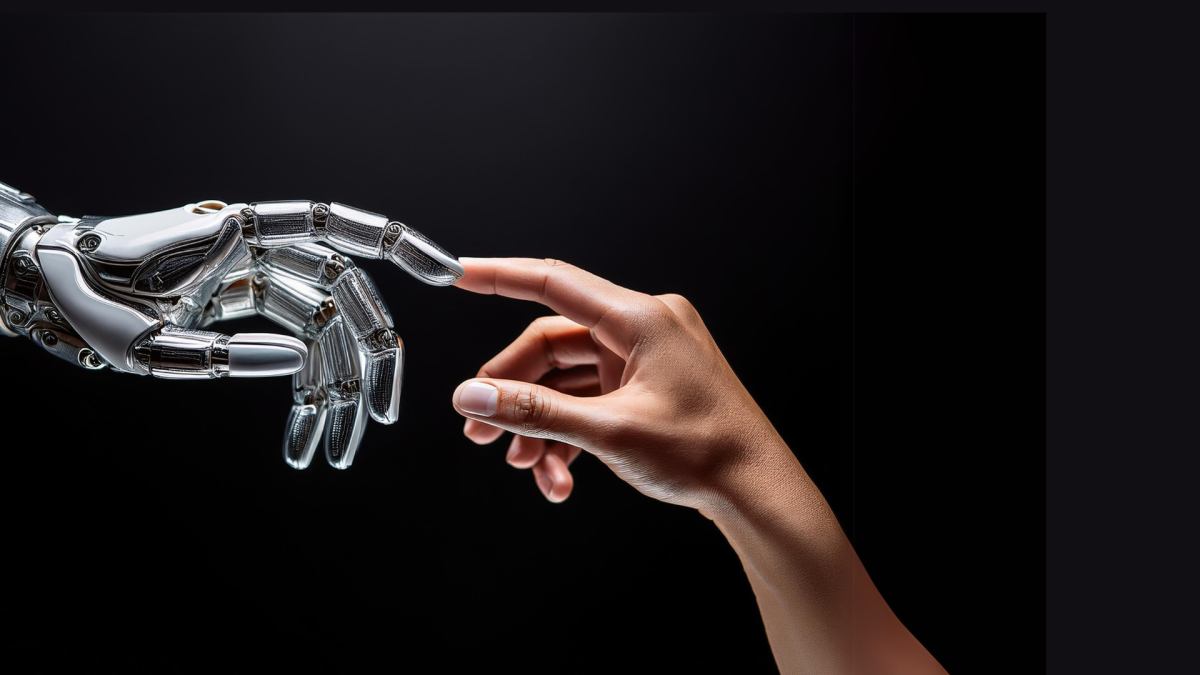






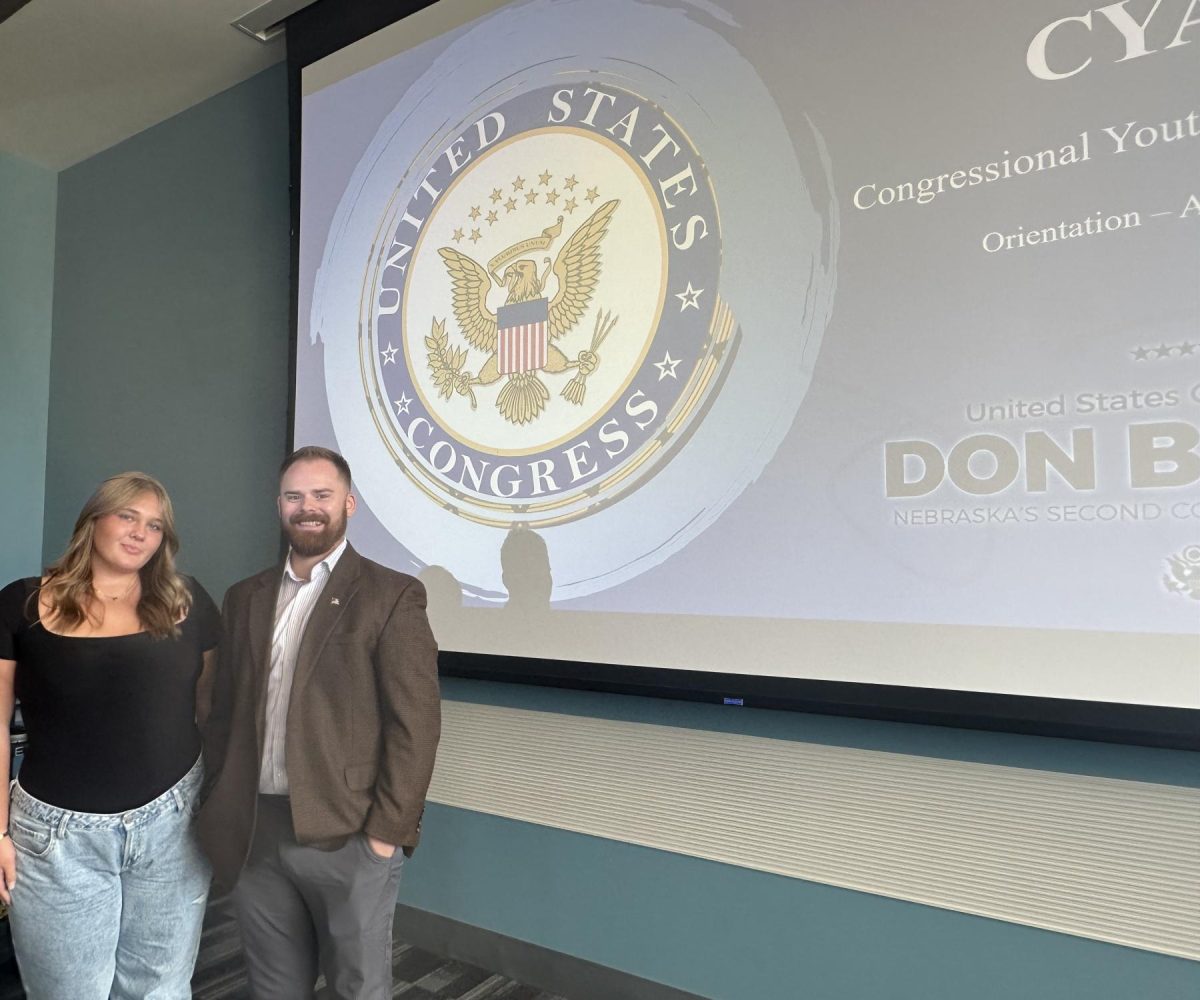
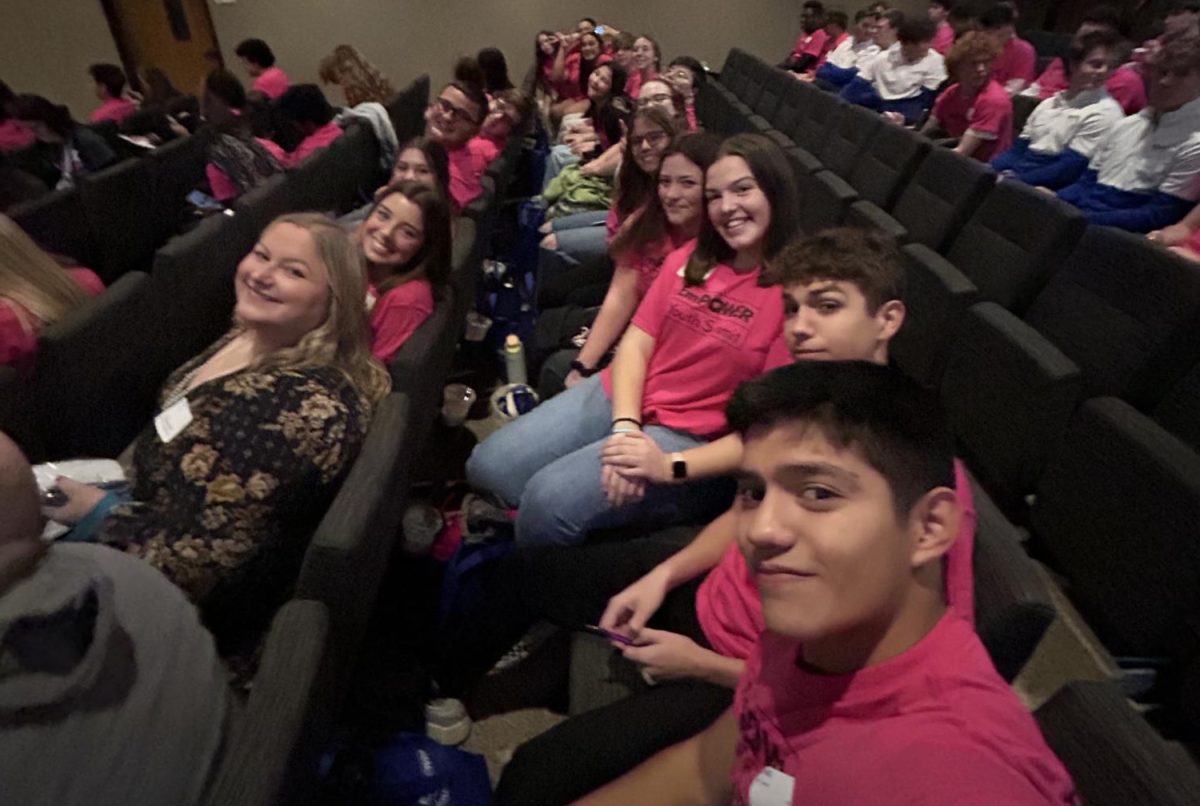
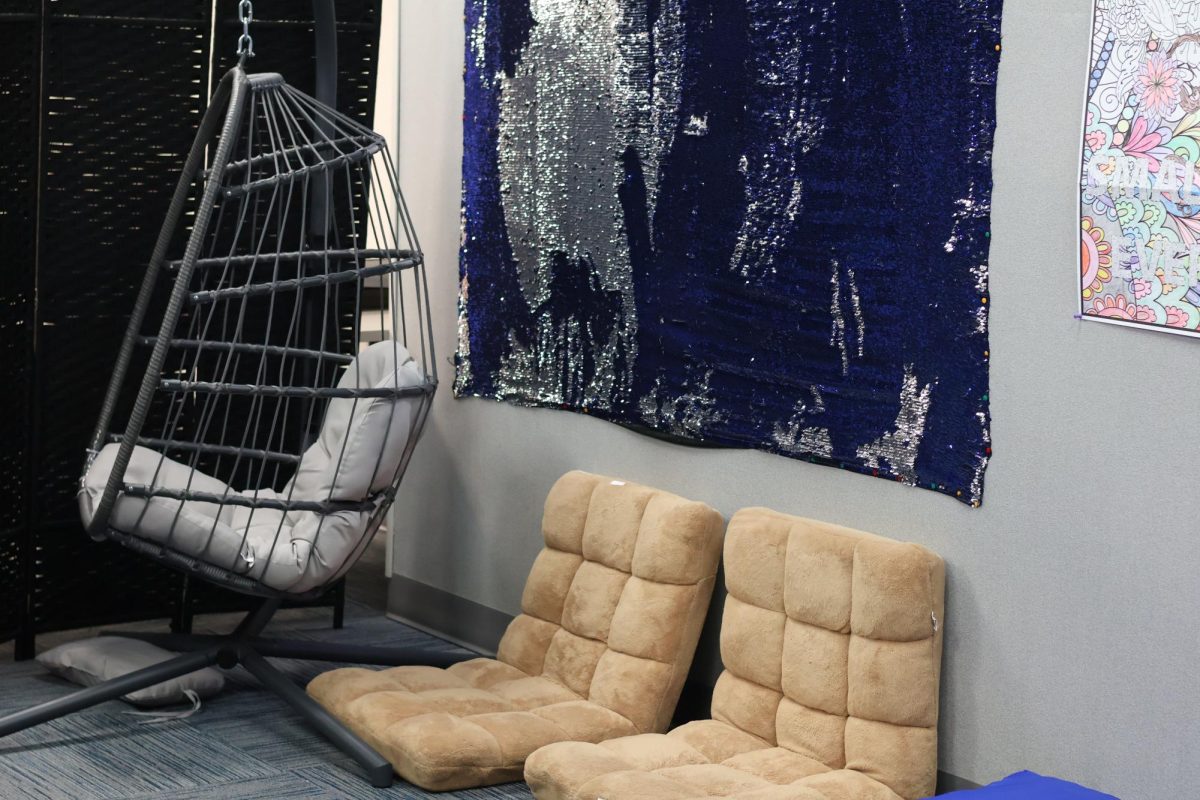

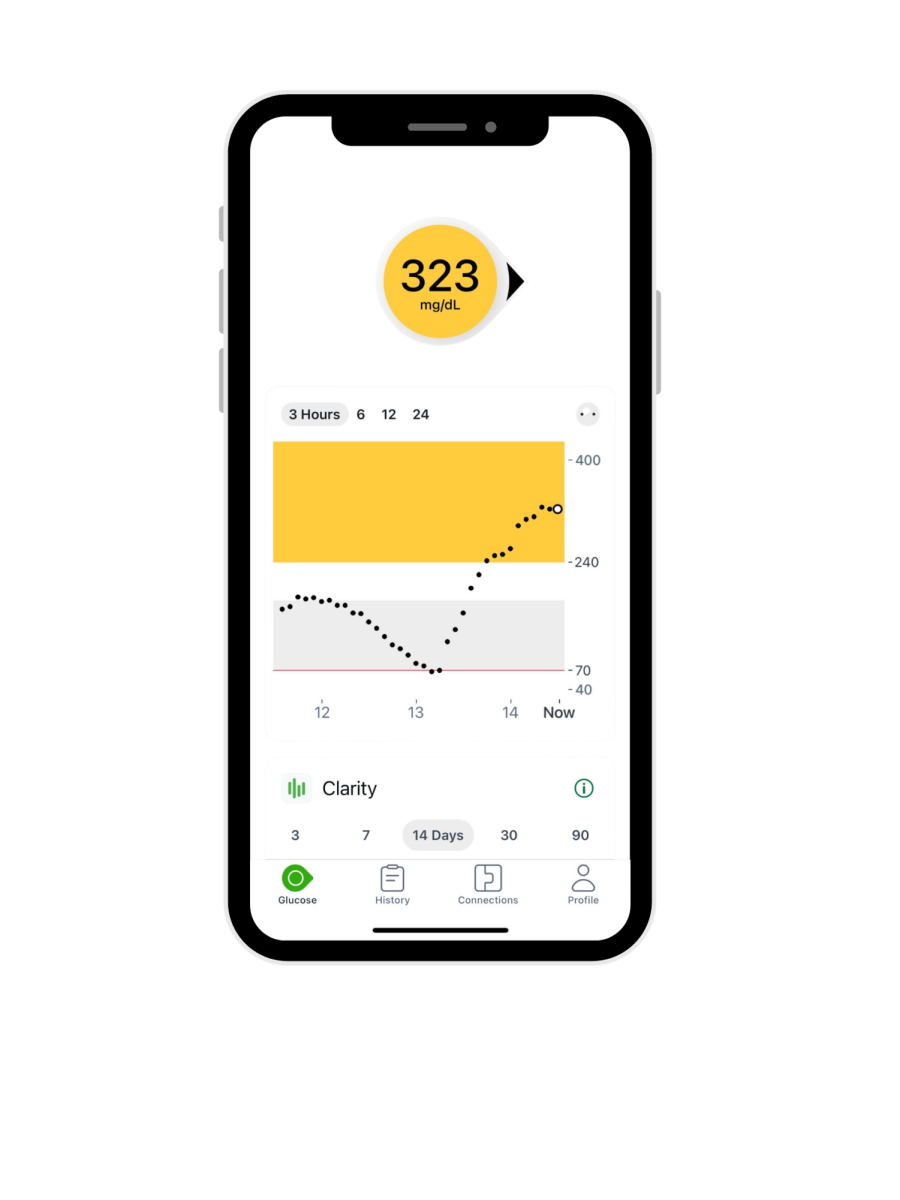

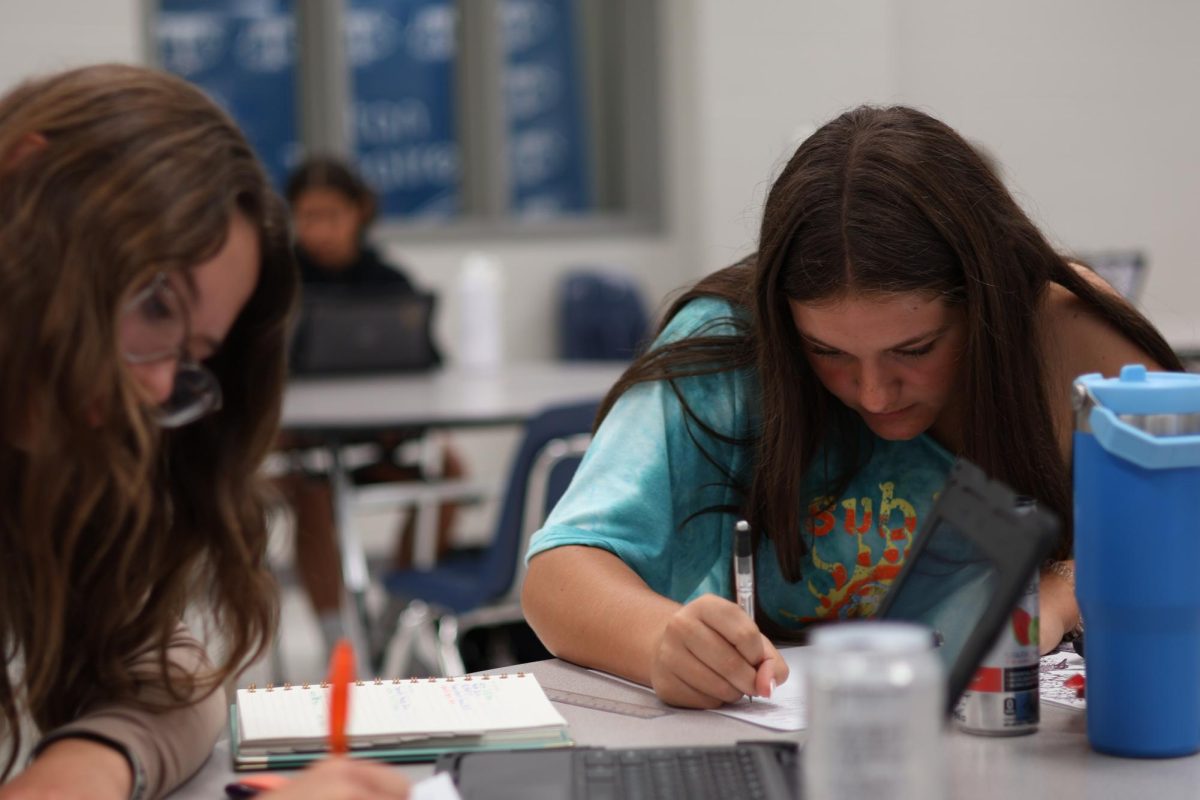
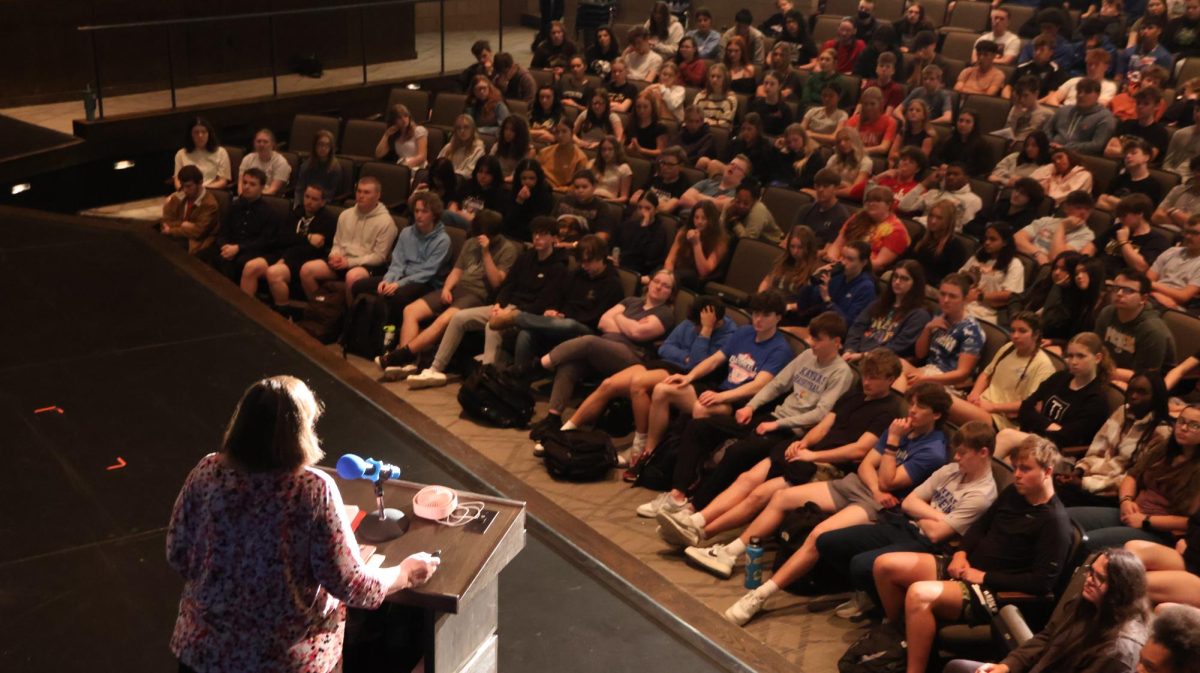

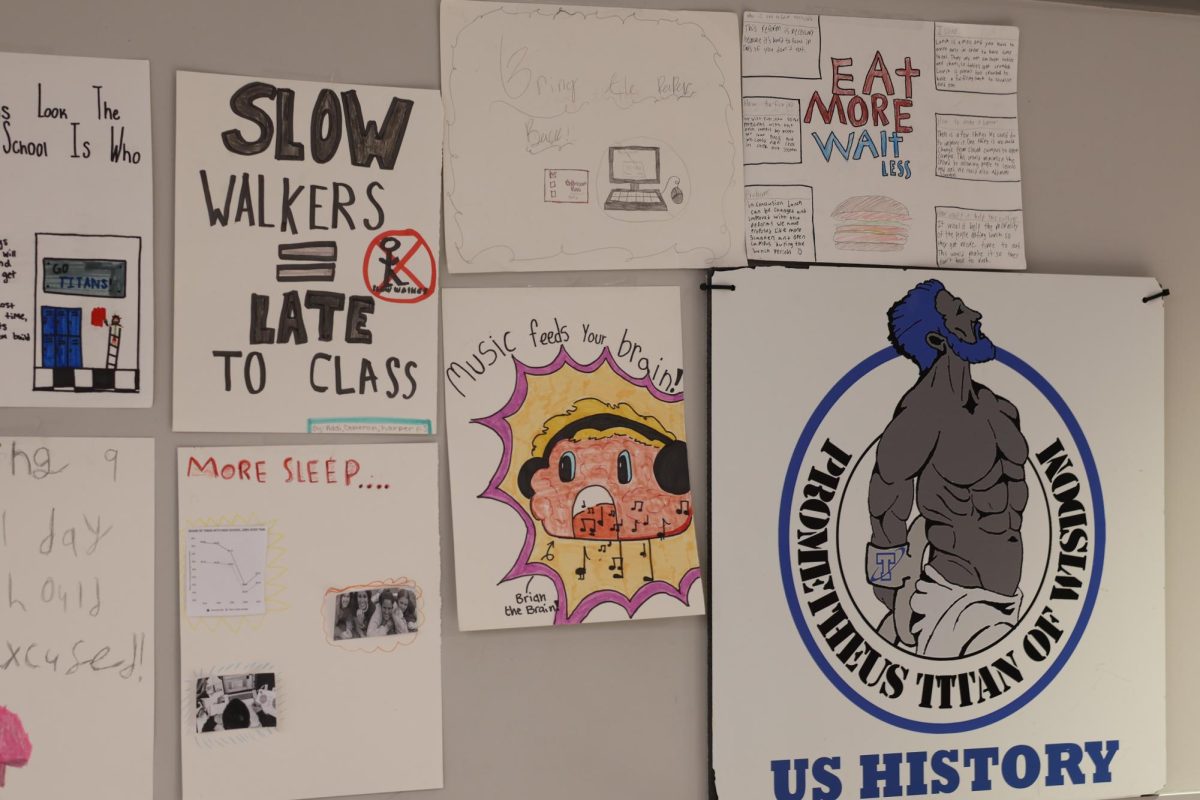

Paul George Obama • Oct 15, 2024 at 11:27 am
The new phone policies highlight important concerns for students with medical conditions and mental health challenges. Access to phones can be crucial for monitoring health and managing anxiety. I appreciate the school’s efforts to create supportive spaces, like the chill room, but removing phone use entirely could hinder some students. It’s good to see that exceptions, like listening to music, might be considered. Finding a balance to support everyone is essential!